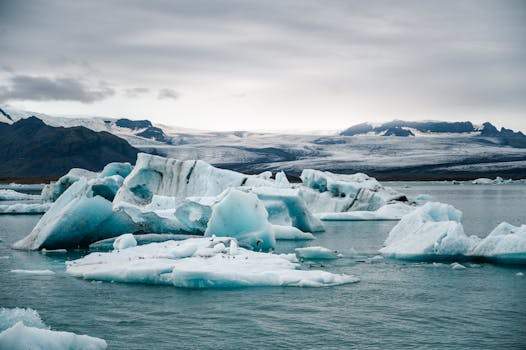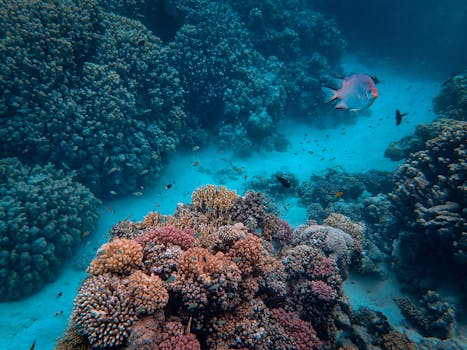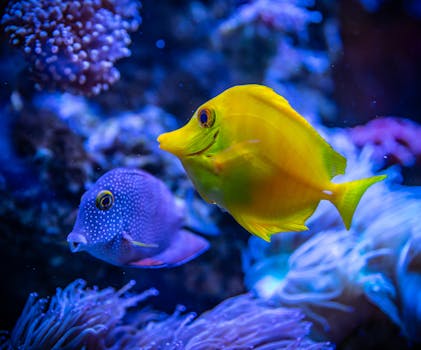
Introduction

The impact of climate change on global ecosystems is profound and far-reaching. As temperatures rise and weather patterns shift, the delicate balance of life on Earth is disrupted. This article delves into the various ways climate change affects ecosystems and what this means for our planet.
Effects on Biodiversity

One of the most significant impacts of climate change is on biodiversity. Many species are struggling to adapt to the rapid changes in their habitats. Some are migrating to cooler areas, while others face extinction. The loss of biodiversity can disrupt food chains and lead to the collapse of ecosystems.
Changes in Ecosystem Services

Ecosystem services, such as pollination, water purification, and carbon sequestration, are being affected by climate change. Altered weather patterns can impact the availability of these services, which are essential for human survival. For instance, changes in rainfall can affect crop yields, threatening food security.
Polar Ecosystems

Polar regions are experiencing some of the most dramatic effects of climate change. Melting ice caps and rising sea levels threaten the habitats of species such as polar bears and seals. This not only impacts wildlife but also indigenous communities that rely on these ecosystems for their livelihood.
Coral Reefs and Ocean Life

Coral reefs are particularly vulnerable to climate change. Ocean warming and acidification are causing coral bleaching, which can lead to the death of these vital ecosystems. Healthy coral reefs are crucial for marine biodiversity and provide important resources for coastal populations.
Conclusion

The impact of climate change on global ecosystems is a pressing issue that requires immediate attention. Protecting biodiversity and ecosystem services is essential for the health of our planet and future generations. We must take action to mitigate these effects and promote sustainable practices.






